AO Edited
Mina de Mármol
A former travertine mine traces the geological history of this unique desert filled with crystalline blue pools.
This former travertine mine makes for the perfect lookout across the arid Cuatrociénegas Valley, especially at sunset. Here the sun pours down upon five large stones painting them golden against a backdrop of towering mountains and wide open desert.
The exposed travertine blocks reveal the valley’s unique geological history. The blocks’ striations show evidence from ice ages, desert climates, and tropical climates. Long streaks in the stone’s surface are believed to be fossils of palm tree leaves, dating back to when the region was lush and green—a time when dinosaurs roamed the central Mexican Plateau while the sea covered the low-lying lands towards the Pacific and the Gulf.
The majority of the stone is plain, indicative of the region’s arid desert. Occasionally horizontal streaks of rocks break this pattern indicating where an ice age occurred. During an ice age, water would have dragged these stones down from the mountaintops and deposited them downstream. Therefore these patterns of plain stone interspersed with horizontal streaks of rocks, chronicle the ice ages throughout the valley’s history.
These geological formations are not only a window into the past, but an explanation of the present: Cuatrociénegas’s remarkable crystalline blue pools are a remnant of these long-ago ice ages. Water from the ice ages found its way into the mountains and subsoils. However, water doesn’t stay still; it moves. Over time the water flowed through an underground network of tunnels and up through the springs that feed the sparkling blue pools.
There are over 250 of these blue pools across the valley, including Poza Azul, Las Playitas, and Los Mezquites. However, to understand how and why these pools formed, visit Mina de Marmol, and appreciate the region’s geological history recorded in stone. The ice ages were and still are the source of the valley’s crystalline blue wonders.







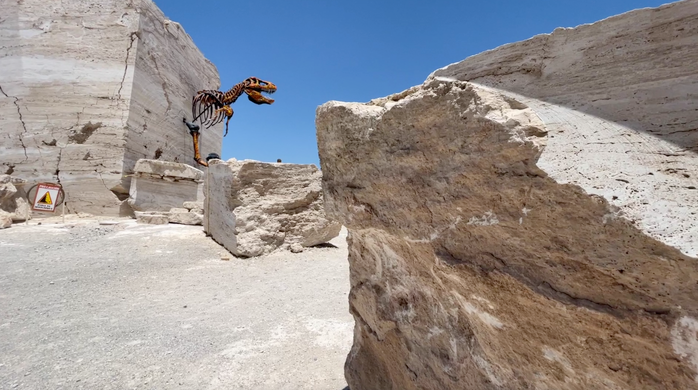





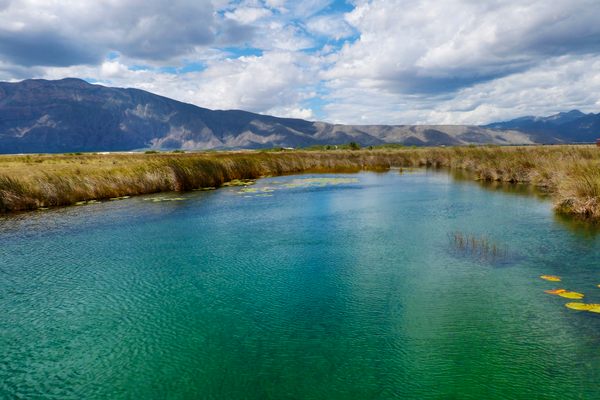


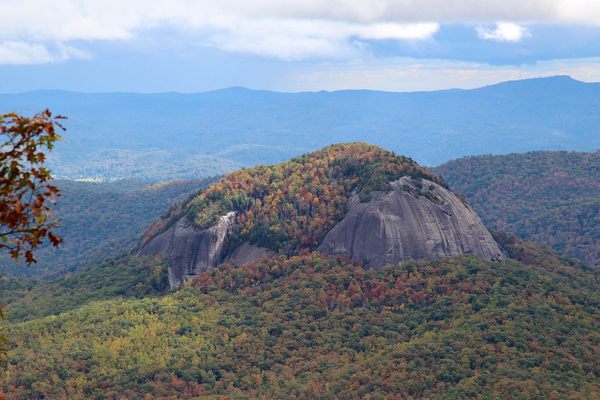
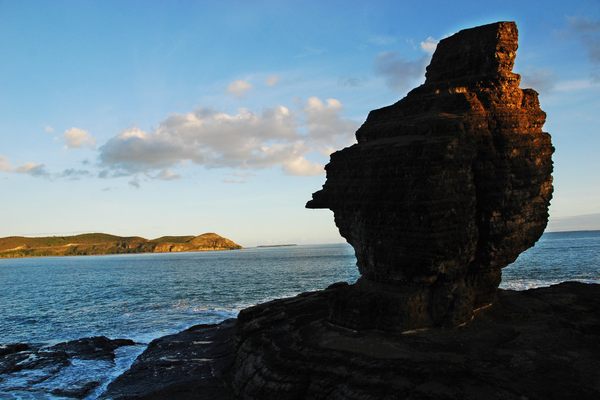
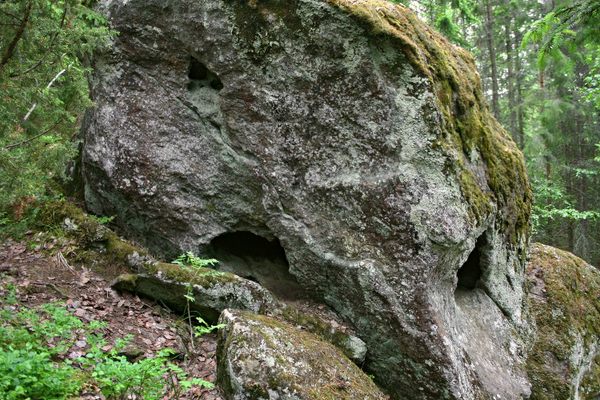
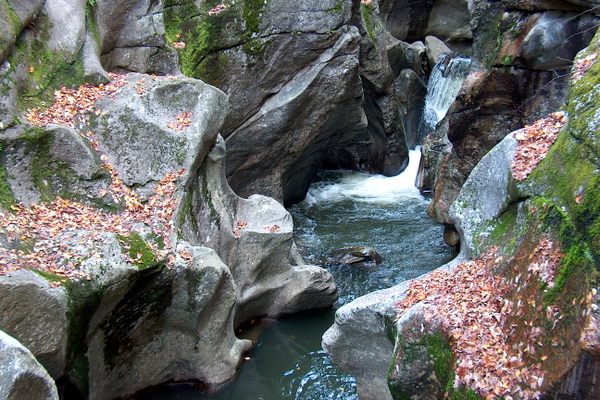

Follow us on Twitter to get the latest on the world's hidden wonders.
Like us on Facebook to get the latest on the world's hidden wonders.
Follow us on Twitter Like us on Facebook